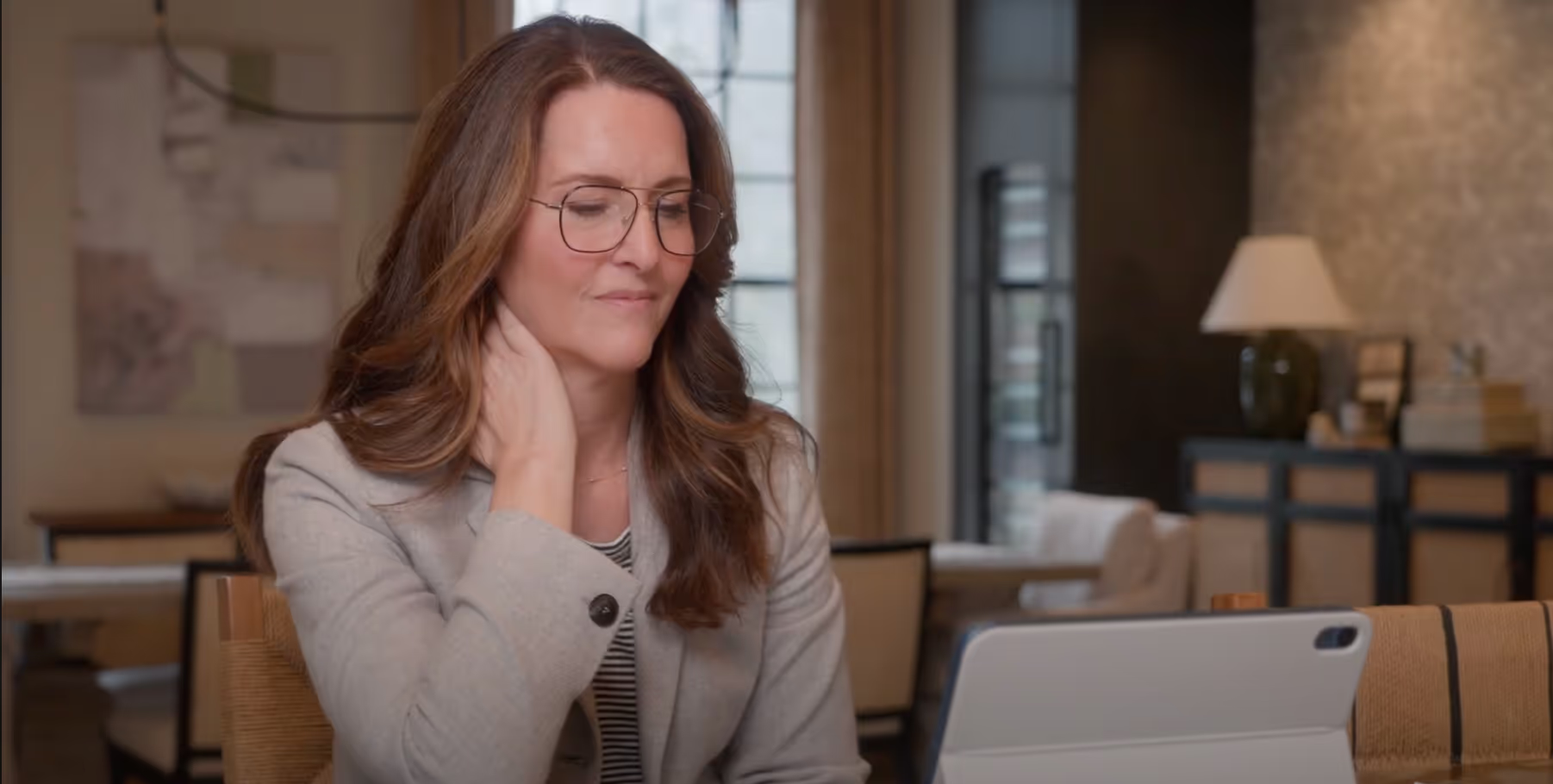When Abby first noticed changes in her mom’s memory—especially following a series of traumatic events—she wasn’t sure where to turn. Her mom had started experiencing full-body tremors and shakes, but without a diagnosis or care plan, the family was left to guess what was happening and how best to help. “We didn’t know how to help my mom who couldn’t remember the day before,” Abby recalled.
Getting care wasn’t easy. In-person appointments became so difficult that the family sometimes had to call an ambulance just to get her mom to a care facility. Without clear answers or consistent guidance, the experience became overwhelming and isolating for everyone involved.
Things began to shift when Abby’s family connected with Synapticure. A team of dementia experts took the time to listen, understand her mom’s symptoms, and build a care plan that addressed both her cognitive and behavioral health needs. “They put her on a medication and that helped us realize that anxiety was causing the tremors and shakes,” Abby said. “It eased her discomfort—and ours.”
Today, Abby’s mom has a diagnosis and the consistent support of a care team that understands the complexities of dementia. Virtual visits allow her to receive care at home, and give the whole family a way to participate in her care—no matter where they live. “We couldn’t physically get her to a doctor,” Abby said. “Now, we can see her doctor, ask questions, and get answers—without leaving the house.”
Through Synapticure, Abby’s family also has access to care coordination, mental health services, and expert support navigating each new step. That support, Abby says, made all the difference. “Caring for someone with dementia can be a full-time job. You need to give yourself the grace and the freedom to say: I need help. I need someone, or some platform, to help hold your hand through the process.”











.png)


